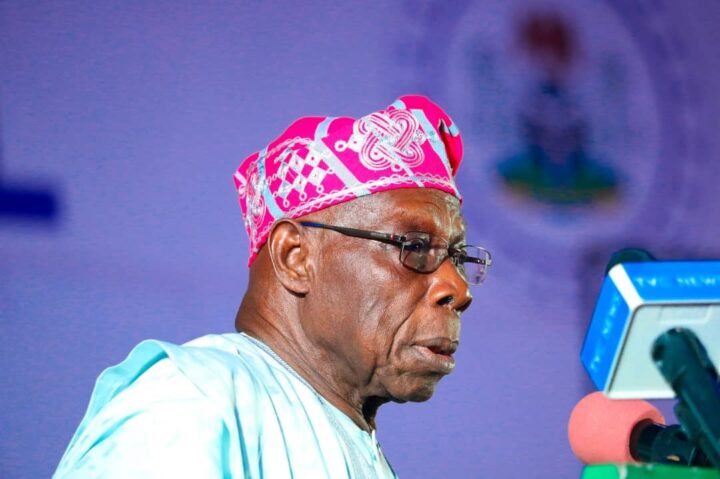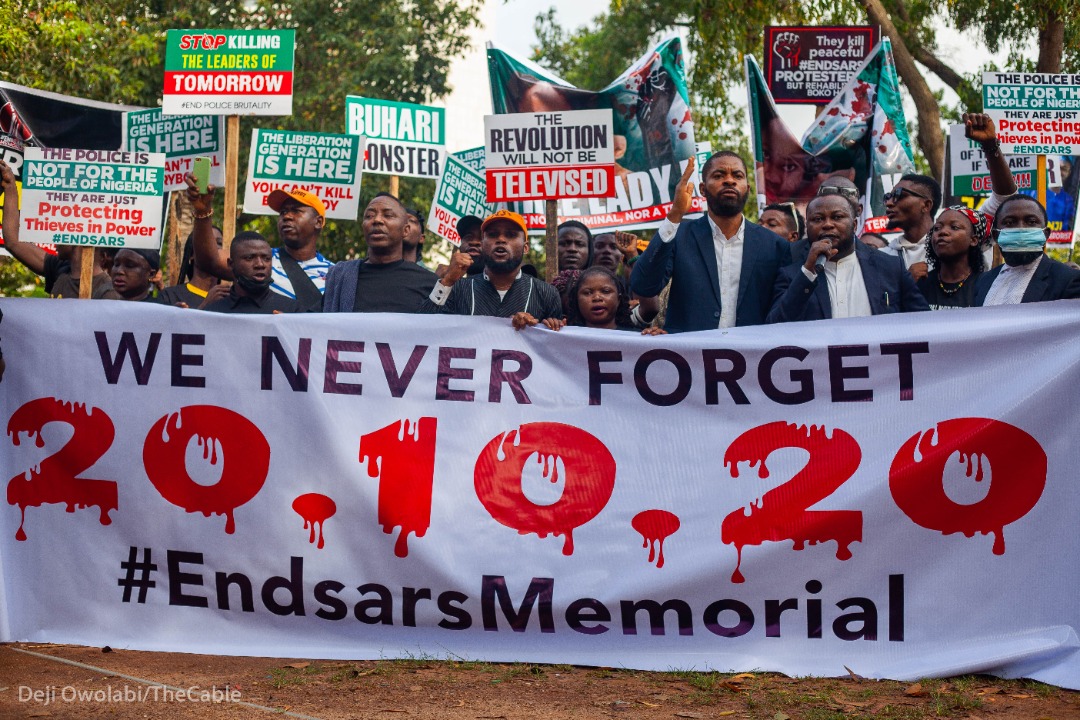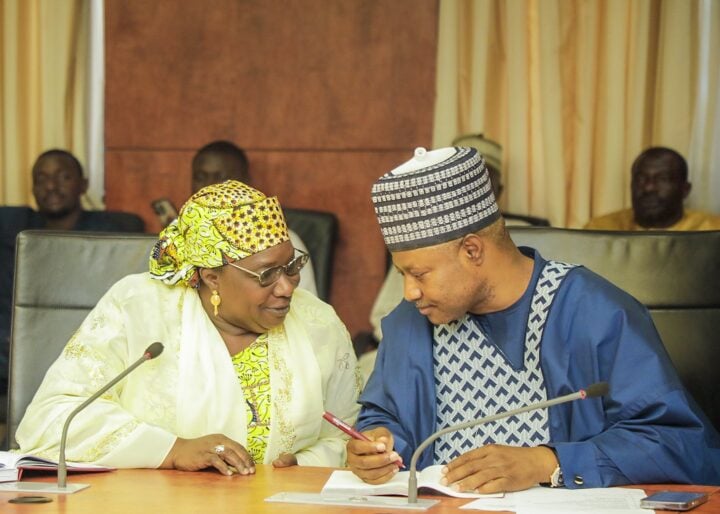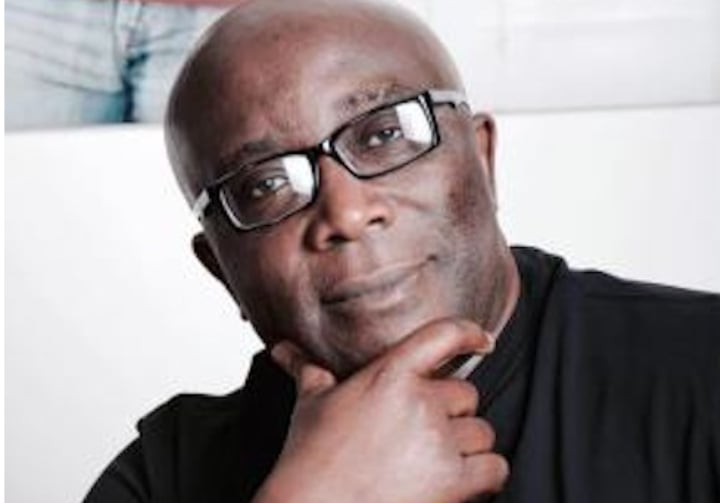At the peak of Nigeria’s constitution amendment process in 2006, one of the arguments by the proponents for changes to the maximum of two-term limits for the president and state governors, was the need for sustainability of critical socioeconomic reforms. Drawing from the experience of Asian countries such as Singapore, China and Malaysia, their argument was that the then President Olusegun Obasanjo would need an extra term in office, for critical reforms to be sustained. The current socioeconomic challenges in Nigeria, characterised by sharp rises in energy cost, rising public debt, costly importation of refined petroleum products, declined foreign investment inflow, and a sharp drop in the value of the local currency and purchasing power, suggests some plausible merit to their position on the review of term limit- and necessitates some policy review of the Obasanjo years.
It is important to state that there is no record of Obasanjo publicly supporting attempts at reviewing the constitutional term limit for President, as part of the then Constitutional Amendments Bill.
The current administration of Bola Ahmed Tinubu assumed office on May 29, 2023 at a time when 96.3 percent of national revenue was spent on debt servicing, a 35 percent difference in value of foreign exchange at official and parallel market- with huge opportunities for arbitrage, unemployment at 33.3 percent, inflation at 22.4 percent and 63 percent of population or 133 million people living in multidimensional poverty. Prevailing circumstances therefore led to a series of fiscal and monetary policies. The short-term outcome of these policies has been an increase in the price of petrol from N198 to N617 per litre, while the official value of the Naira has declined by over 50 percent, from N460 per $1, to N778 to $1, with the attendant loss in purchasing power of Nigerians.
A better understanding of what led the Tinubu administration into these rafts of policies, may however require some policy and contextual review, and maybe lead to a change in approach towards policy, leadership and governance in Nigeria.
Advertisement
Though he had a stint in office as Military Head of State from 1976 to 1979, Olusegun Obasanjo, a retired General of the Nigerian Army, was elected as president of Nigeria, and served a constitutional two terms between 1999 and 2007. His assumption of office in 1999 was on the backdrop of military rule since 1983, with the attendant international sanctions, political instability and economic challenges. In his eight years as elected president, the socioeconomic reforms he introduced, some of them well into his second term, will be assessed, to demonstrate their relevance to contemporary events in Nigeria.
First the petroleum sector. On May 17, 2007, and after many unsuccessful attempts at refurbishing ailing government-owned petroleum refineries, the Obasanjo administration through the Bureau of Public Enterprises, concluded the privatization of the New Port-Harcourt Refining & Petrochemical Company Limited and Kaduna Refining & Petrochemical Company Limited refineries. This privatization involved the sale of 51 percent of government shares to a consortium led by Bluestar Oil Services Limited, that had Dangote Oil with 55 percent, Zenon Oil with 25 percent, and Transnational Corporation with 5 percent. Prior to this exercise and despite Nigeria being the 10th largest oil producing country in the world, Nigeria had been spending huge sums of foreign exchange in importing refined petroleum products for domestic needs. This was because its four refineries – Old Port-Harcourt, New Port-Harcourt, Warri and Kaduna, which have a combined processing capacity of 445,000 barrels a day, operated at below 70 percent capacity, and were periodically shut down due to operational and management problems.
The logic in the privatization policy was for Nigeria to subsequently refine petroleum products in Nigeria, earn 49 percent of profits from functional refineries, and reduce the huge amount of foreign exchange spent of petroleum imports. This will ultimately strengthen the local currency, increase purchasing power and enhance macroeconomic management. The privatization of the two refineries was however reversed by the succeeding administration, due to concerns about the $750 million paid for the two refineries. In the time after the reversal, three of the four refineries, which are Port Harcourt, Kaduna and Warri refineries, have incurred at least N1.64 trillion in cumulative losses in their operations since 2014, while the government has spent N13.7 trillion or $74.386 billion on fuel subsidy in 15 years (2005 -2020). If concerns on the valuation of the privatization exercise and additional assets such as pipelines and storage tanks had been resolved, instead of outright cancellation, these additional cost on Nigeria would have been prevented, and the contemporary macroeconomic situation probably avoided. The awaited panacea is the ongoing 650,000 barrels per day Dangote refinery project, worth over $18.5bn, which is ironic, given that Dangote was part of the consortium that won the cancelled privatization exercise.
Advertisement
Still on the energy sector, the Obasanjo administration conceived and began implementation of the ambitious National Integrated Power Project (NIPP) in 2004, to address insufficient power generation and gas flaring. The idea of a NIPP, which entails having all the ingredients that make up power into a single entity, was designed as a fast-track government financed enterprise to stabilize Nigeria’s electricity supply system, while the private sector driven structure of the Electric Power Sector Reform Act (EPSRA) of 2005 took effect. Taking into consideration the relevance of power supply to real economic growth, the original concept had seven medium sized gas fired power stations in the gas producing states, which have subsequently been expanded. The Federal Government therefore incorporated The Niger Delta Power Holding Company Limited (NDPHC) as a limited liability company, to be the legal entity holding the NIPP assets, in line with private sector-orientated best business practices. Its initial funding of $2.5 billion was drawn from the country’s Excess Crude Oil Account, after legislative approval.
Similar to what occurred in the petroleum industry, the succeeding administration subjected the NIPP to undue political, financial and legal scrutiny, which led to over two years interruption on project funding and implementation. Contracted commitments totaled US$7.385 billion, at time of suspension in 2007. By the time a decision was made to continue with the project, cost overruns, contractual defaults and issues that normally occur when planned projects are unduly interrupted had set in. The NIPP project disruption and attendant impact on investor confidence have contributed to the current electricity situation in the country, where about 85 million people or 43 percent of population lack access to the electricity grid. This makes Nigeria the country with the largest energy access deficit in the world, leading to estimated annual economic losses of $26.2 billion (₦10.1 trillion), or about 2 percent of GDP, according to the World Bank. What may be the saving grace for the sector was the EPSR Act of 2005, which preserved some of the reforms in the sector.
For core economic management, debt relief, banking reforms and attracting foreign direct investment (FDI) were some of key goals of the Obasanjo administration. At the time he assumed office in 1999, Nigeria’s external debt had ballooned to about $30 billion due to mismanagement and sanctions, with significant parts of government revenue spent on debt servicing as total debt-to-GDP ratio rose to 66.13 percent in 2002. With greater vigour and a diverse economic management team that had international credentials, a debt cancellation agreement was reached in October 2005 with the Paris Club. By April 21, 2006 when the deal was completed, Nigeria had paid off, $12bn in debt, and secured the cancellation of $18bn debt from the Paris Club and multilateral organisations. With this, the country’s total debt-to-GDP ratio fell sharply from 66.13 percent in 2002, to 12.39 percent in 2006 and 11.67 percent in 2007. Together with banking sector reforms of 2005 and appropriate policies, Nigerian banks have since become more internationally competitive, while FDI grew from $1 billion in 1999 to $6.04 billion in 2007. Within same eight-year period, unemployment declined from 8.2 percent to 5.3 percent, inflation rate from 6.6 percent to 5.4 percent, while the value of the naira to the US dollar moved marginally from N99.4 to $1, to N118.2 to $1. Also introduced and implemented was the monetisation policy for houses and cars in the public service, as a means of reducing the high cost of governance. In telling the story of these economic feats, Obasanjo had to discard stereotypical concerns by some, about the ethnic background of some key members of his economic management team, and ensured diversity management.
Succeeding administrations largely discarded the fiscal and monetary policy approach, as well as the diversity management strategy that delivered on impressive economic results. As a result, the country’s public debt has risen sharply, especially since 2015, from $10.32 billion to $103.11 billion, with 96 percent revenue currently spent on debt servicing. FDI has declined from $8.84 billion in 2011 to a meagre $186 million in 2022, with unemployment now 33.3 percent, inflation at 22.4 percent and the exchange rate at N778 to $1. The monetisation policy was also discarded, which has contributed to the increase in the cost of government operations.
Advertisement
The information and communications technology (ICT) sector, was another of such sectors that the Obasanjo administration paid attention to, due to its socioeconomic potentials. The National Information Technology Development Agency (NITDA) was created in April 2001, to promote and develop information technology in both the public and private sectors. For telecommunications, the administration consolidated on reforms began by the Ibrahim Babaginda administration, which led to Decree 75 of 1992, that established the Nigerian Communications Commission (NCC). With the National Telecommunications Policy (NTP) of 2000, that was given legal backing by the Nigerian Communications Act (NCA) of 2003, GSM licenses were transparently auctioned to private telecommunications companies, while the monopoly of the government-owned Nigerian Telecommunications Limited (NITEL) was broken. Due to these reforms, there has been an increase from 400,000 fixed phone lines and less than 200,000 regular internet users in 1999, to 222.5million phone users and 154.8million internet users in 2022. Also, the sectors’ contribution to Gross Domestic Product (GDP) has risen from 3.08 percent in 2001 when significant implementation of the policy began, to 16.22 percent of GDP in 2022. This has come with the attendant increase in number of jobs, tax revenue and contribution to the effectiveness and efficiency of other critical leveraging sectors of the economy, such as banking, education and broadcasting. FDI and local investment in the telecommunications sector now stand at $75.6 billion as of 2021.
While it can be said that the ICT sector had been on a positive growth trajectory, it does not tell the whole story, as intense attempts were made to impede the efficiency and effectiveness of the regulatory environment, especially since 2019. Legislative bills that would have caused chaos in the sector were being promoted, and other actions that were contrary to the NCA of 2003 were more pronounced. Abnormal recruitment patterns laced with nepotist considerations have to some extent, compromised the integrity of the once admirable regulator. This led to some tacit reduction in investment, while over 2,000 telecoms experts migrated in 2022 alone. The vigilance of private and some public stakeholders ensured that the sanity, business environment and investor confidence were not completely eroded, by the end of the last administration.
Understanding the role of a capital city that projects the image and vision of Africa’s most populous country, the Obasanjo administration also instituted an initiative to restore the planned approach of Nigeria’s federal capital territory (FCT). In line with this, he provided the political support to the FCT ministers, in ensuring that all those who violated town planning guidelines, no matter their sociopolitical relevance, were made to reverse them. This ensured the restoration of FCT town planning, which redeemed image of Africans being able to manage modern city, and attract private sector real estate financing, that has contributed to making it one of Africa’s fastest growing planned cities. Green spaces and water bodies were reclaimed or created, making the FCT one of the greenest and most friendly cities in the world.
Unfortunately, most of the efforts made at enhancing urban planning in Abuja were discontinued. Especially since 2015, the city witnessed developments contrary to town planning, on a scale not previously seen. The level of public infrastructure destruction bordered on the absurd, with manholes, road signs, underground cables and other infrastructure stolen by those who could be traced, but were allowed to roam about the city. Green spaces and water bodies were rapidly converted, making the city lose a lot of its green areas and environmental appeal. In an ironic twist to the scenario, the administrator of the city from 2015 to May 2023, exclaimed while handing over to the current city administrator, that the green areas, water bodies, Jabi Lake and vegetation of the city are almost irretrievably lost, due to encroachments and illegal developments. That this warning was coming from the chief administrator who supervised such levels of town planning violations, leads to questions about the worldview and orientation of certain administrators.
Advertisement
‘Ebora Owu’, as all mortals, is definitely no saint. What can however not be disputed is that a continuation of the policies and policy trajectory of his administration, would most probably have prevented the current socioeconomic challenges such as high petroleum importation and pricing, declining currency value and purchasing power, very low foreign investment, high debt profile and poor diversity management, which the current Tinubu administration is having to manage. This should also be a teachable scenario for Nigeria’s attitude to policy reforms. Hindsight they say, is 20/20, and while the benefits of term limits in presidential democracy cannot be underestimated, there is need for some consensus on how to preserve good policies. But from a hypothetical perspective, would Nigeria have been better off with an extra term in office for Obasanjo in 2007?
Dr. Uwanaka writes from African University of Science and Technology, Abuja. [email protected]
Advertisement
Views expressed by contributors are strictly personal and not of TheCable.
Add a comment







